Good morning. Last week was a dramatic one in Cabo Delgado province. On Sunday, 21 January, reports began to circulate that Islamic State-backed insurgents had occupied the strategic village of Mucojo, giving them effective control of much of the Macomia coast. Despite some counter-attacks by Mozambican military helicopters, security forces are yet to recapture the lost territory.
Perhaps more alarming still, bands of insurgent fighters have moved south. After marching through Quissanga district for the first time since October last year, the latest information is that insurgents are currently in Metuge district, which borders the provincial capital Pemba. This also puts them in striking distance of the EN14 highway, connecting the inland mining areas to Pemba port. While it is unlikely that the insurgents have the strength or inclination to move against Pemba itself, they have already succeeded in spreading terror to the south of Cabo Delgado and shaking any remaining public faith in the security forces’ ability to contain the conflict.
In an indication of the seriousness of the situation, President Filipe Nyusi visited troops in Metuge on Friday, on his way back from meeting Rwandan President Paul Kagame in Kigali to discuss “issues of bilateral cooperation.” As security prospects look increasingly bleak, and with the withdrawal of the Southern African Development Community troops looming in the coming months, we can reasonably assume that Rwanda’s military mission in Mozambique was on top of the agenda.
For the week ahead: Nyusi is on the move again, arriving yesterday in Rome for the inaugural Italy-Africa Summit, hosted by far right prime minister Giorgia Meloni. Eni’s floating LNG projects in Mozambique are a shining example of Italy’s plan to increase cooperation with the continent. And on his way to Italy, Nyusi dropped in on his counterpart in Portugal — having flown there on the new Maputo-LAM service.

Back at home, another point for the agenda is Wednesday’s monetary policy meeting, Hopes are high that rates will fall, but as we explained last week, it is far from guaranteed.
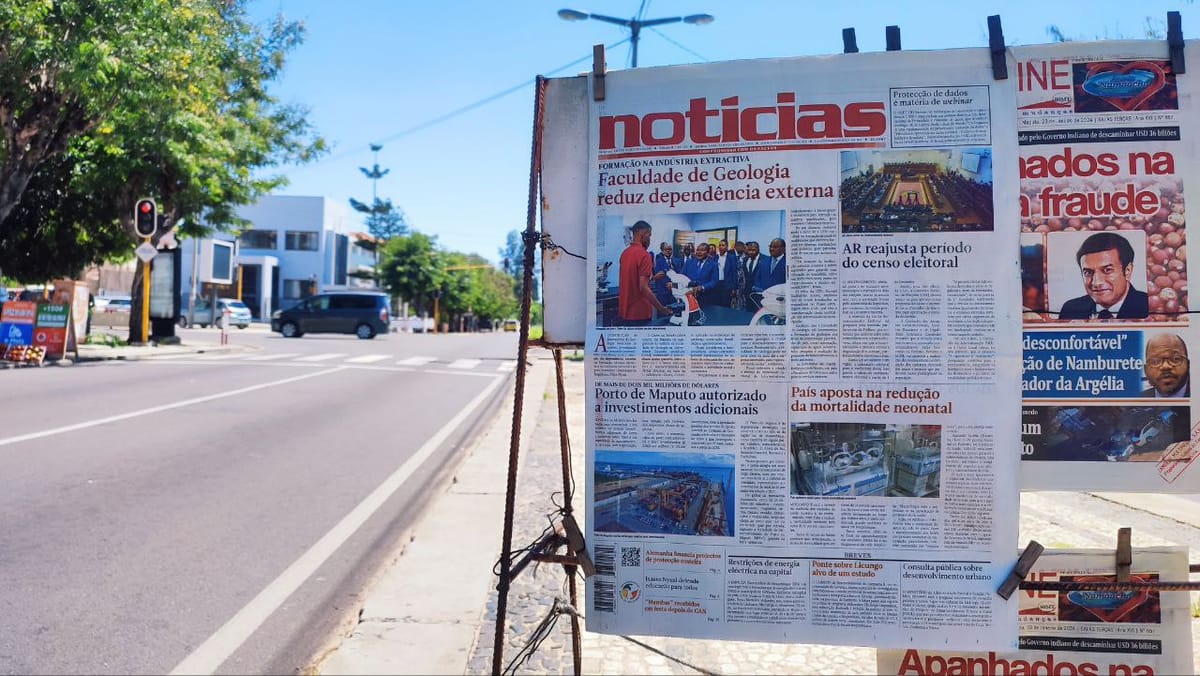
Have a great week.
Week in Review
Monday
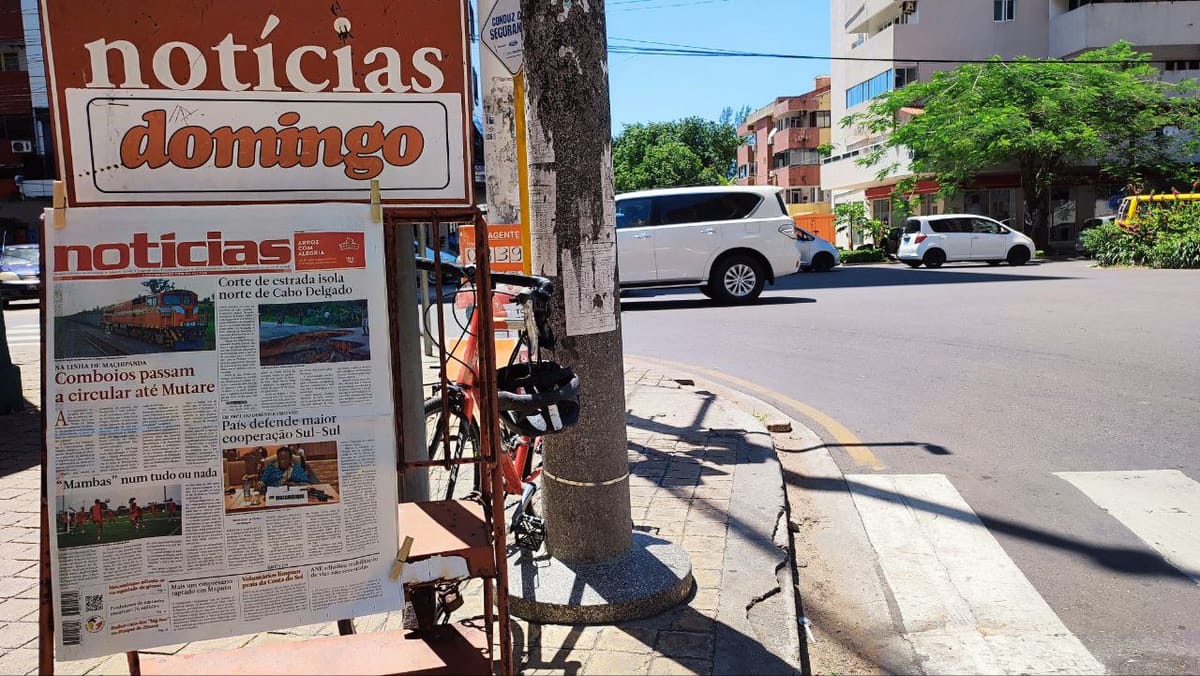
Last week, several towns in the north of Cabo Delgado province found themselves cut off from the provincial capital and provinces to the south, after the top deck of an aqueduct carrying the N380 highway north of the town of Macomia was damaged in heavy rain. Although the immediate cause of the damage was the rain, the aqueduct seems to have already been in poor condition due to a lack of proper maintenance. Again and again, roads and bridges are left to deteriorate until they need major repairs or replacement, at greater cost.
With the government under continued pressure from the International Monetary Fund to cut costs, a state budget that struggles to cover basic costs and a lack of low-cost finance available, more such failures can be expected for the foreseeable future. Although Mozambique does not lack the physical resources to do the work — plenty of unemployed labour, and most of the raw materials needed for building roads — the IMF’s insistence on a balanced budget ties the government’s hands from employing the people and resources for this vital work.
Tuesday
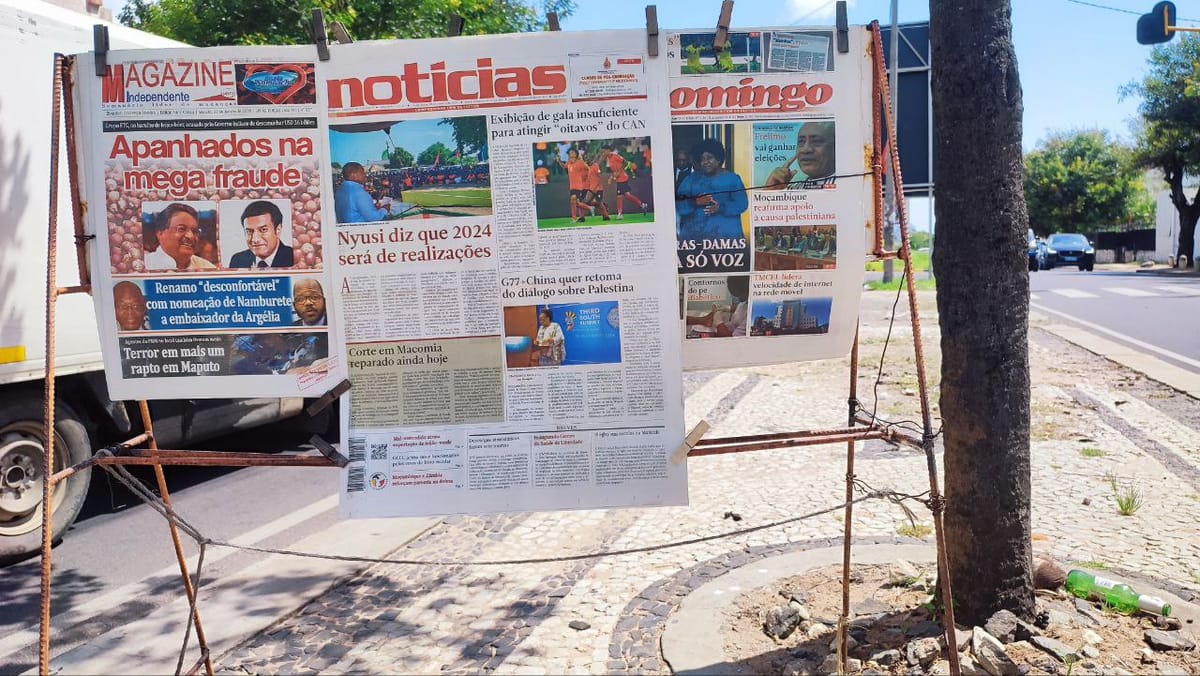
IMF wants proof of life for civil servants (Lusa)
The International Monetary Fund (IMF) wants the government to provide proof of life for all civil servants by June this year, as part of its commitments in exchange for a loan programme.
In fact, the government has already insisted on proof of life for public sector pay and for state pensions for some time; however it has still not been implemented for the security forces, as their commanders have been able to hide behind a separate payroll system in order to continue drawing wages for ghost employees, the very practice that the IMF is trying to stamp out. It is likely that the elites in ruling party Frelimo inside and outside government who benefit from being given contracts without competition will resist attempts to publish information about them, since when such information leaks out, it tends to cause a scandal. Most probably they will find a way of evading the rules. The awarding of contracts to Frelimo insiders causes contract prices to be inflated, not only to accommodate embezzlement by those insiders but also siphoning off of money to Frelimo party funds.
Wednesday
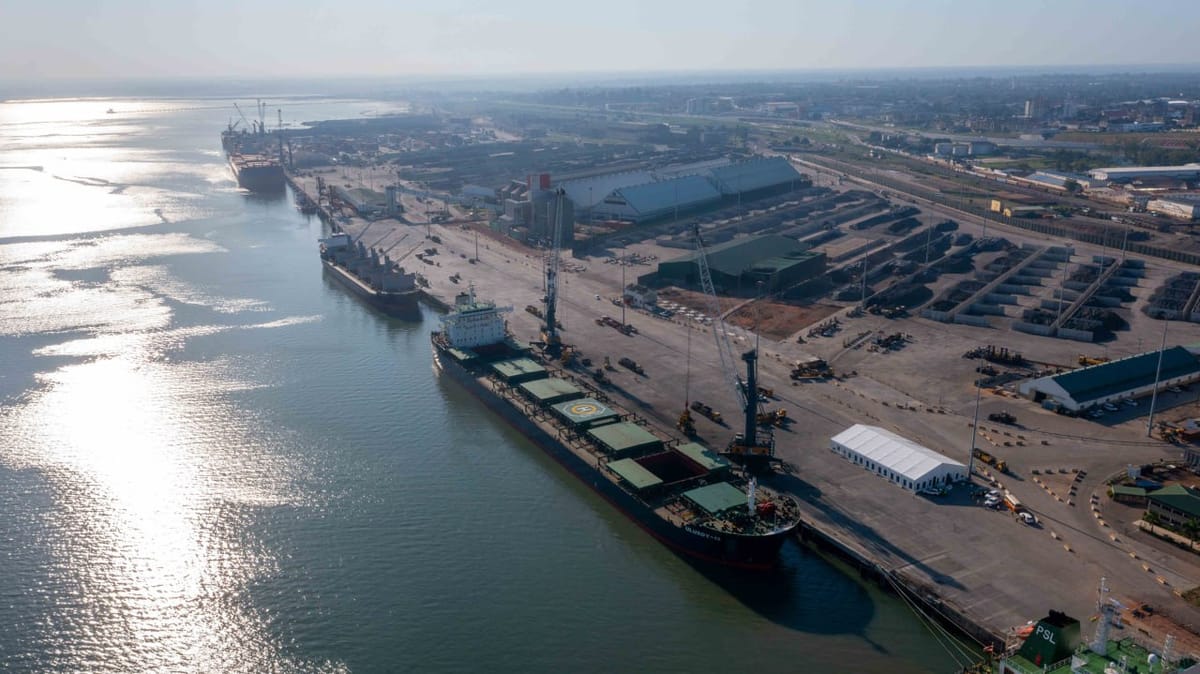
After 18 months of negotiations, the private consortium that manages the port of Maputo has struck a deal with the Mozambican government to invest $2bn in the port over the next 35 years, in exchange for having their concession to run the port extended until 2058.
It seems clear that the DP World-led concessionaire, Maputo Port Development Company (MPDC), is determined to stimulate new demand and attract traffic from other ports in south-eastern Africa. That means catching up with the major South African ports of Richards Bay and Durban. Currently, Durban dominates the market for large-scale intercontinental shipping, as the largest container port in sub-Saharan Africa. MPDC’s plans are understood to focus squarely on relatively lucrative container traffic, and will see Maputo’s container handling capacity increase to 1m containers a year; still behind the 3.6m capacity currently reported for Durban, but a step change, and one which may allow Maputo to carve out some long-distance traffic for itself.
Enabling continued traffic growth at Maputo, and preventing bottlenecks, will depend on maintaining and improving road and rail access to the South African border, but the current signs are positive, with plans to implement a one-stop border check ready to go in Mozambique and waiting on South African approval.
Thursday

Parliament approves revision of voter registration date (Notícias, O País)
Parliament yesterday approved an amendment to the electoral law that pushes back the voter registration period, to avoid the period coinciding with the peak of the rainy season. The measure, which will allow registration to take place from 15 March to 28 April instead of from 1 February to 16 March, was passed with the consent of opposition parties as well as majority party Frelimo.
Frelimo has decided to back down and postpone pushing for a vote on other amendments it proposed to the electoral law, following complaints from opposition parties that they had been presented too late, against the rules, and that there was not enough time in this extraordinary session of parliament to consider them. It looks like one of Frelimo’s periodic token gestures to stave off accusations from foreign governments and donor agencies that it is getting too authoritarian.
Friday
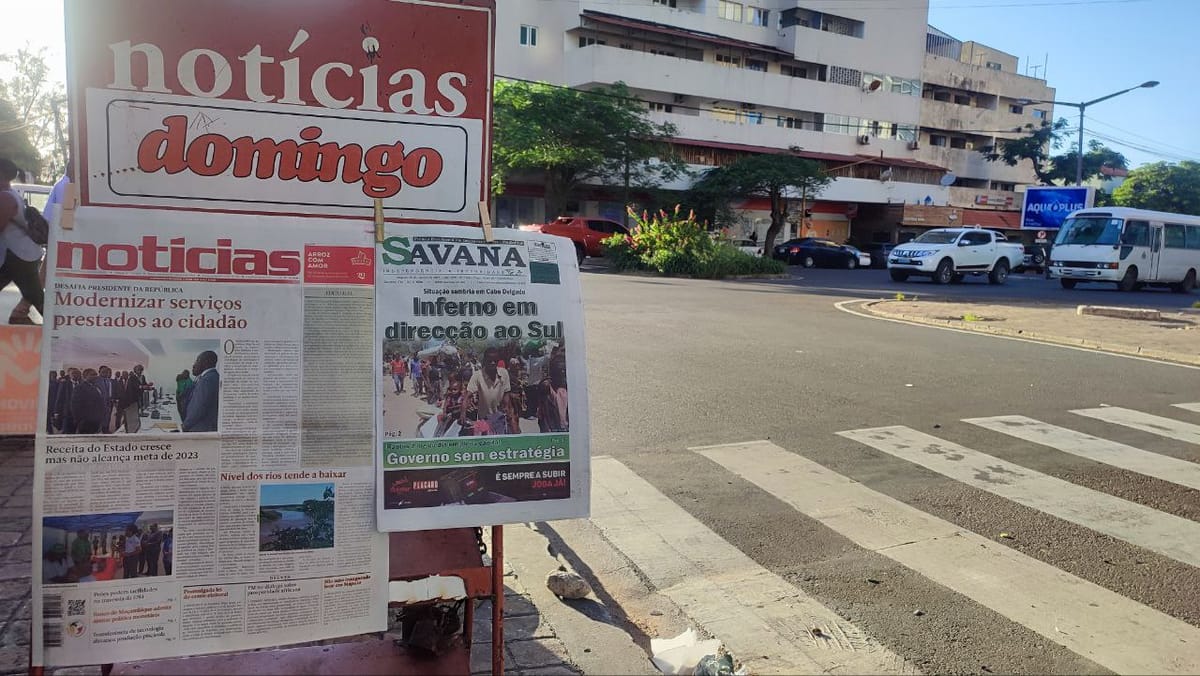
Renamo to announce its presidential candidate in April (Mediafax, Savana)
Opposition party Renamo's candidate for Mozambique’s presidential election on 9 October will be announced in the first half of April, after a meeting of the party’s National Council called yesterday by the party's Political Commission. The April meeting should also elect the party’s governing bodies, whose terms expired legally on 17 January.
Party spokesman Jose Manteigas has said that the party’s leader, Ossufo Momade, will be a candidate to be the party’s presidential candidate. The only other to have declared so far is Venâancio Mondlane, who has said he wants to run to be the party’s presidential candidate, and president of the party. Elias Dhlakama, brother of Renamo’s former leader Afonso, and Juliano Picardo have both said they want to run to be president of the party, but that position is not expected to be up for grabs at the National Council. Instead, the National Council should call a party Congress to elect a new leader, to replace Momade whose 5-year term technically expired this month.
Once Renamo’s presidential candidate is chosen in April, he or she will have six months to campaign for the election. Frelimo will have chosen its candidate a month earlier — so Renamo will know who it is up against when the National Council comes to choose its candidate.










